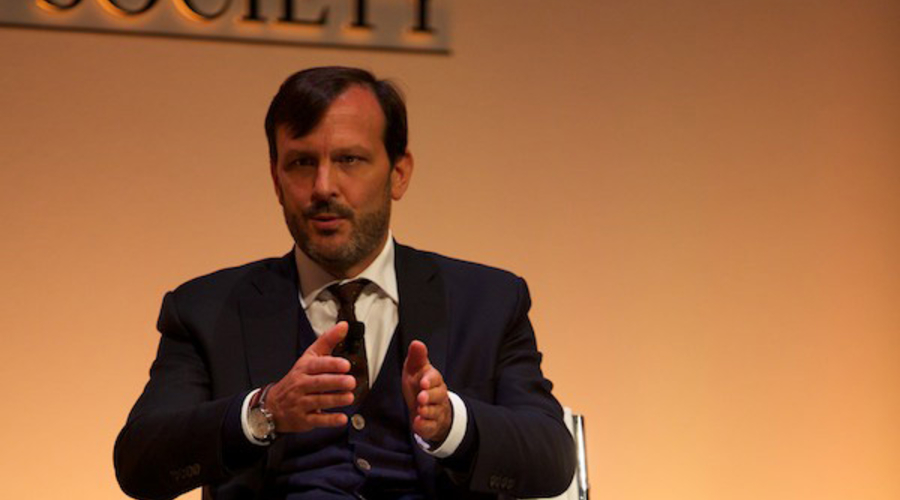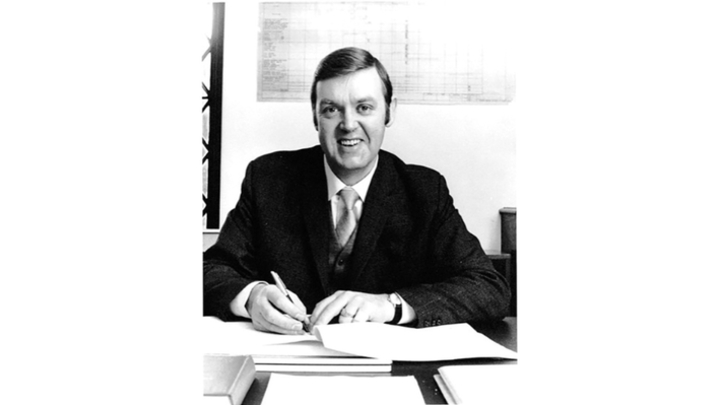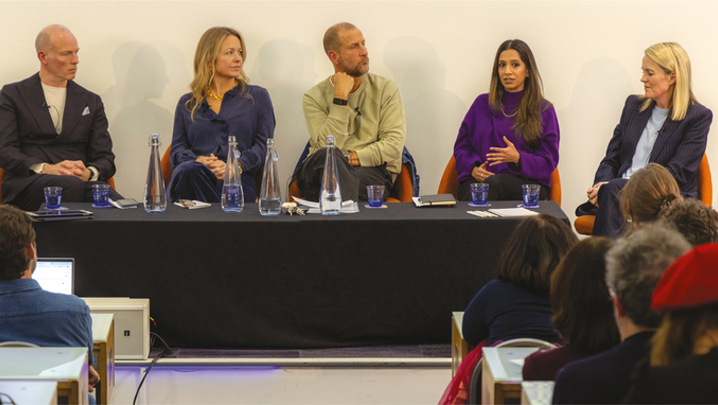Despite its spending spree in the UK, Liberty Global is still keener on pipes than poetry
In a week when ITV's share price was soaring in reaction to a rumoured Liberty Global takeover, Jim Ryan, the company's Senior Vice President and Chief Strategy Officer, had many questions to field.
Kirsty Wark put it bluntly within the opening seconds of an intense session: "What is going on?" she asked, before adding, "And what is Liberty Global?"
Well, it's the world's largest international cable company, dominated by the US media mogul, John Malone.
Kirsty Wark, sits down with Liberty Global’s Senior Vice President and CSO Jim Ryan to discuss deals present and future. In the sixth session of the day, Ryan talks about Liberty Global's future investment plans, the retransmission fee debate, and Liberty's place at the table on the UK content discussion.
Liberty has 24.5 million customers in 14 countries, mostly European, boosted by the acquisition of UK cable operator Virgin Media last year. It is also pushing into mobile, with around 4.5 million subscribers.
But this year it moved into the UK content sector, paying £500m for All3Media, the UK's largest independent producer, in a joint venture with Discovery; Malone is also a key long-term stakeholder in Discovery.
Then came July's purchase of BSkyB's residual 6.4% in ITV for £481m, the remainder of a stake bought eight years ago, in 2006.
As Wark commented: "They've got the pipes, now they're after the poetry."
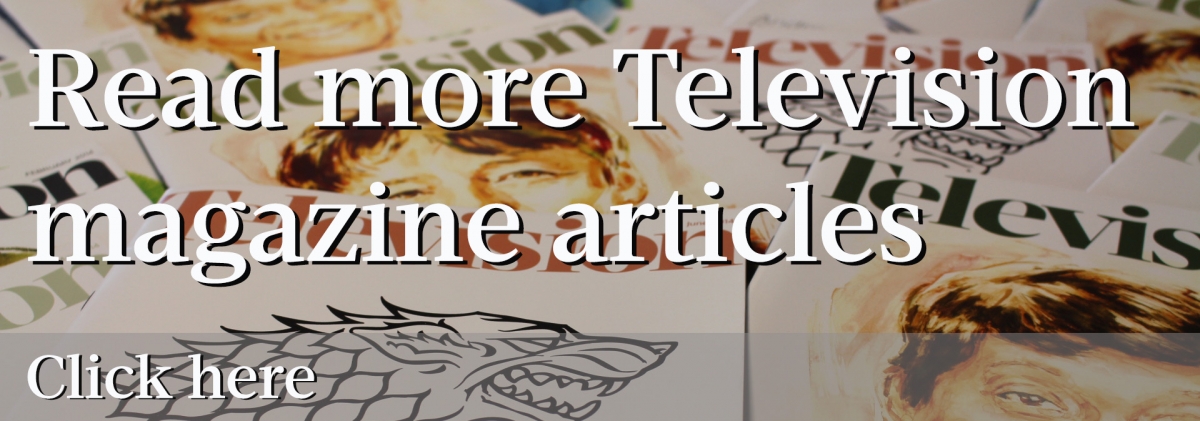 Asked directly if Liberty would buy more ITV shares, Ryan (who previously served as Managing Director of Liberty Global Europe between 2000 and 2012) said there were: "No current plans now to build on that stake".
Asked directly if Liberty would buy more ITV shares, Ryan (who previously served as Managing Director of Liberty Global Europe between 2000 and 2012) said there were: "No current plans now to build on that stake".
What about the next 18 months? "We weren't in the UK 24 months ago. Here we are in the UK. We do want to find some portfolio investments to enhance the Virgin Media position. So, for example, the ITV stake is perfect. Think about it: it gives us a seat at the table in UK content discussions."
But here came signs of a divergence of interests. Two days before the conference ITV had published a strategy paper calling for retransmission fees – annual payments from cable and satellite platforms to public service channels.
Ryan replied: "In terms of endorsing the strategy, we... mostly support the ITV strategy. Retransmission fees are not something we will be actively supporting."
Ryan added that the UK system was very different to the US: "In the UK we are set up differently. Public service broadcasters are obviously privileged assets and, let's face it, they are not ailing. So, as far as we are concerned, I think it works fine."
"For us, local content is very much the key thing"
Wark challenged: "What are you going to do about it?"
"Well, for us, this thing came up two days ago. I don't see why it is necessary," Ryan responded.
Wark came back: "You have a seat at the table. Are you going to try and change it? You should be building up your shareholding so you have a greater influence!"
Ryan said: "That is one way, but it is not the only way. I think [you] have a political debate. By the way, we are not the only ones, I am sure Sky is wondering about it."
Wark persisted: "What's the next step? You want to build up a portfolio? You are not after ITV at the moment?"
"I don't want to go into speculation. So speculate away," said Ryan.
He explained that Liberty's core cable business was very much about triple play (internet, telephony, video/TV) to both residential and business customers. "Virgin Media was a fantastic acquisition for us. In our business, we are talking about scale – absolutely key for cable."
The hunt for content, by comparison, had its place, but was secondary: "We have always seen content as [an] ancillary investment... it's the way the world is going, everyone wants to watch everything everywhere.
"To give you the figures, we are a $70bn-$80bn company (the enterprise value). Our content is around $300m of that – the equity investment made by Liberty so far. That is ancillary.
It always had to be there, he said, to "enhance" and enrich services to consumers. "There are so many places you can go [to get content], so for us the key thing is to help the consumer; they can go where they like, but if they can't find it, that doesn't help, so the key thing for us is to bring it together."
But Wark interrupted: "You bought All3Media on the rebound from Channel 5?" Ryan replied: "We did look [at Channel 5] but you won't be surprised to hear that Channel 5 didn't quite have it for us, it didn't have the production assets that ITV has. That's why we think ITV is relevant to our strategy.
"Two things we have got to get right. One is perfect platforms for our consumers; to [present] all of this content that is flying around, we have to be able to provide it in the home and [out of home] – that's a big piece of technology.
"Second thing: no point having all that if you haven't got the content to hang off it."
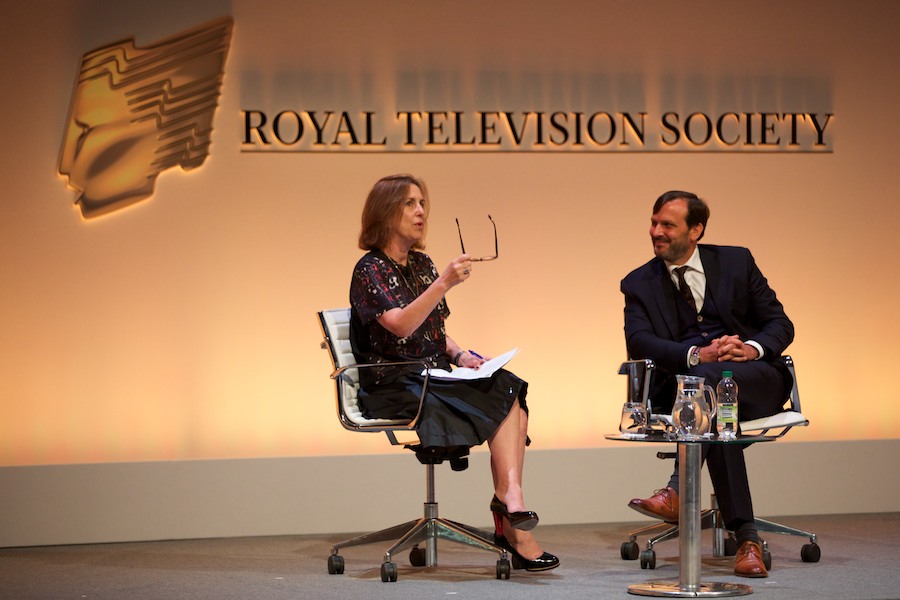 Kirsty Wark quizzed Jim Ryan (Credit: Paul Hampartsoumian)
Kirsty Wark quizzed Jim Ryan (Credit: Paul Hampartsoumian)
Going forward, he added, Liberty had "identified four main themes" for the business. These were content production, sports, OTT (Over The Top streamed services), and free-to-air programming.
"All3Media is a perfect investment for us: 70% [of its output] is supplied to its core [UK] market; it is very local. For us, local content is very much the key thing.
"If you look at where we want to go, it is [to be] closest to the content...closest... to the rights, to put on to that technology."
"We are actually a big indie, we are a collection of 14 indies... serving [various territories], cultures, languages... we are not affiliated to any studio. We are very interested in local content opportunities."
Wark snapped back: "How does The Only Way Is Essex go down on Discovery?"
"Well, I think that is a fair question," Ryan responded. "These are long-term investments; increasingly, good-quality producers are hard to come by – having a long-term position in production is absolutely spot on."
Asked if All3Media could run independently, in the Shine and 21st Century Fox model, he said: "Yes. Over time, [we'll be] looking to see how to get content maybe more relevant to pay [services]. But... that federal structure is a very successful one. It attracts the talent. So we are not going to touch that."
Discovery is in talks to acquire 49% of the racing car group Formula One from European private equity company CVC Capital. Speaking sparingly about the deal, Ryan said: "Formula One... sport for a pay-TV company is a very good asset. First, it is appreciating in value; second, it maintains live [viewing]."
Having dipped into the sports market in the Netherlands and Belgium, "we would like to invest more, maybe get closer to some of the rights. Of course, we are looking at it – but I don't have anything else to say."
He confirmed that Liberty would look for other acquisitions: "If they fit one of those four branches. But the acquisition can be through partnerships, commercial relationships."
The future structure of Liberty's business, he said, was tied to the integration of platforms. "Clearly, the boundaries have shifted. In the old days, pipe was pipe, wireless was wireless; those are all changing. The next step from the distribution side, [is to] continue to build scale where appropriate".
During the coffee break following the session, many delegates discussed the question of how being merely "ancillary" to Liberty's cable business would play with UK producers.
They were more forgiving of how Ryan dealt with Wark's "What's your favourite All3Media programme?" question.
His reply – "Oh, I don't know. I do like the kitchen ones" – was greeted with (restrained) merriment.
Session Six, 'Give Me Liberty', was produced by Alex Graham. Jim Ryan, Senior Vice President and Chief Strategy Officer, Liberty Global, was interviewed by broadcaster and journalist Kirsty Wark.

